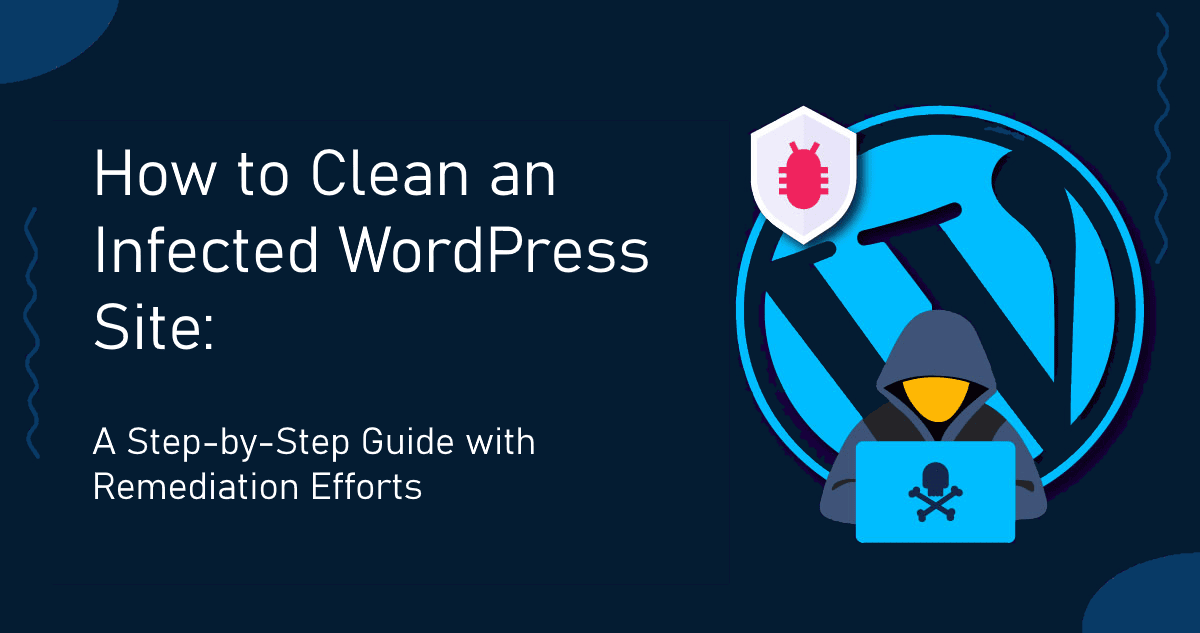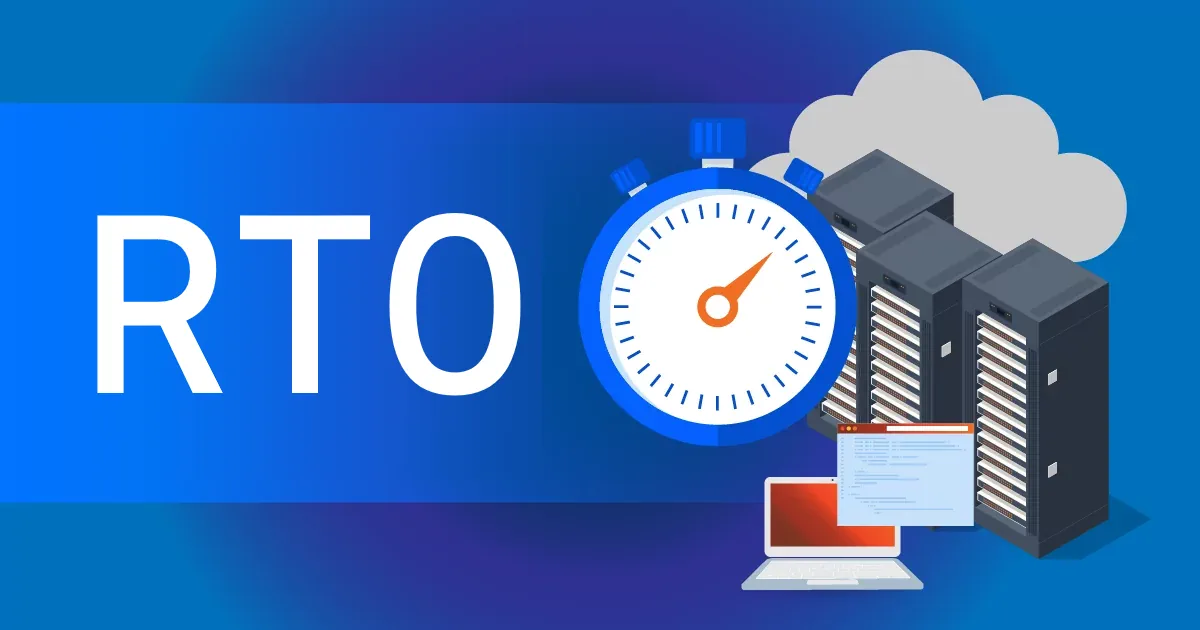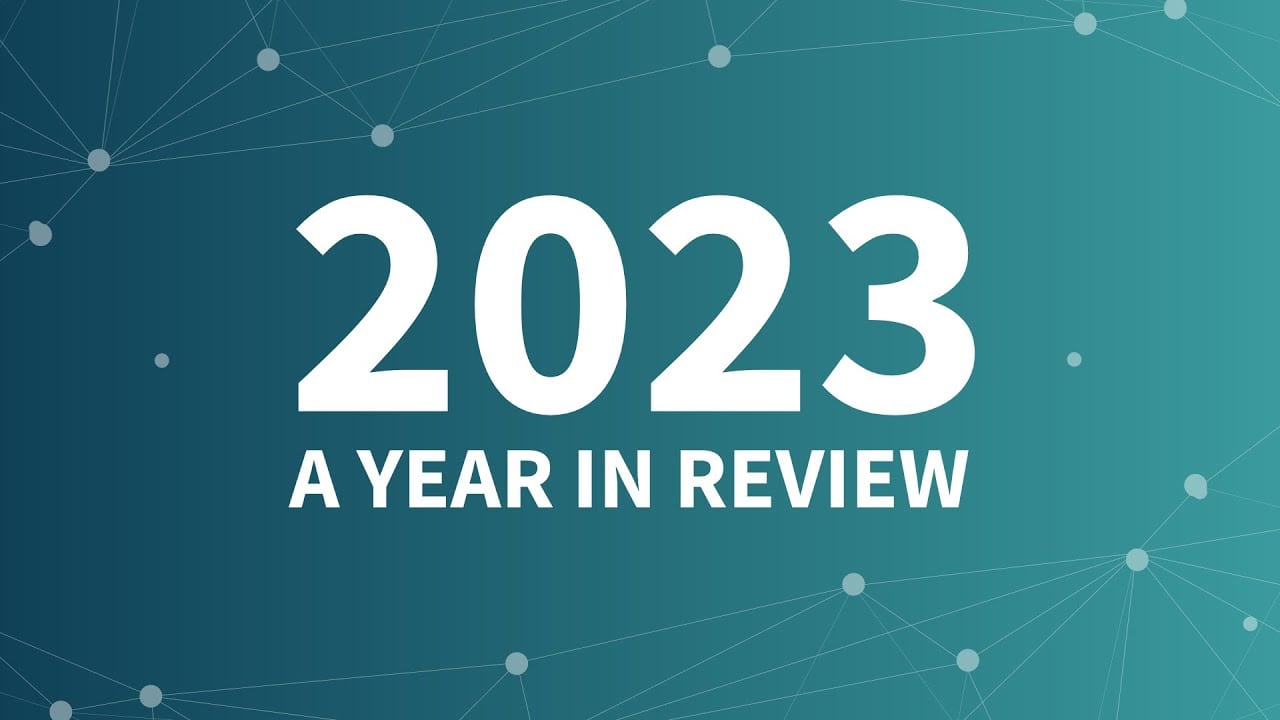All Managed Service Providers (MSPs) have a lot of tasks on their hands. Managing multiple customer’s infrastructures and IT systems is a complex job that requires constant watch on the needs of each and every customer. One of the most important daily tasks in your day is making sure that systems are up and running, and let’s be frank, it’s not an easy job. Systems tend to fail and the same systems do not offer adequate notification to clearly know when something is wrong. Monitoring all systems tends to be impossible and sometimes things go unnoticed for a longer time.
Different customers have different types of systems and it’s difficult to monitor them like a normal in-house IT team, which would be focused on a specific set. The range of different systems requires the monitoring platform to be scalable, easy to use, and also flexible in the monitoring possibilities.
When systems go down being alerted immediately enables you to start recovery as soon as possible. Things can get unnoticed unless automatic monitoring is in place. The worst thing that can happen is when a customer reaches out annoyed that their system is down, especially if you have no idea how long the site has had an issue and you do not know what he’s talking about. Being prepared is one of the most important aspects of anybody in IT,
In any IT system there are various components that could break and bring a system down. Unfortunately it’s difficult to predict what might happen and although various mitigations can be put in place there is nothing better than proper monitoring to ensure that the systems are always up.
Starting with system updates. From a vulnerability standpoint, it is crucial to have systems always updated to the latest versions and have patches automatically deployed, however, this also means that in the event of a failed system update an outage will occur.
Renewal of SSL and certificates are also an issue. With the popularity of free SSL certificates like Let’s Encrypt, ZeroSSL, FreeSSL, and more, systems have a critical breaking point every 90 days. This means that all systems which have some web console and rely on free SSL certificates (to save costs) can end up being more expensive if the CRON job or scheduled task fails to run. An expired certificate is a warning for the visitor to avoid such a website and browsers make this pretty obvious for the sake of safety and privacy on the net.
So what are you waiting for? Signup with Netumo for a free account and start monitoring your systems easily, With a simple monthly plan, Netumo can instantly import all your websites and start monitoring them sending you notifications when something goes wrong.



